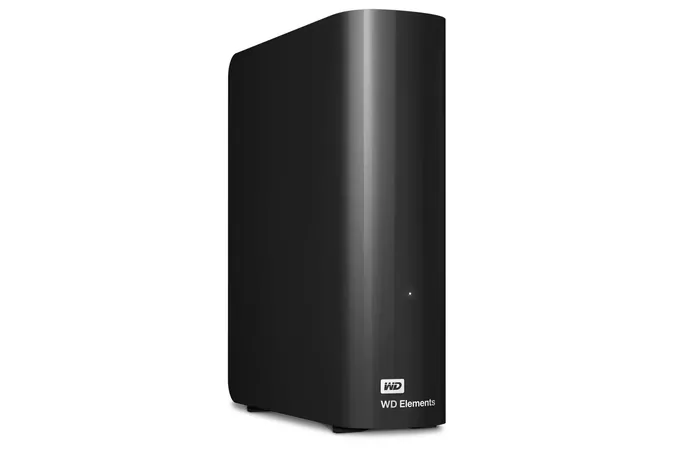
Google Cloud Unveils Game-Changing Sixth Generation Trillium TPUs: A Leap into the Future of AI
2024-12-28
Author: Rajesh
Introduction
Google Cloud has officially launched its much-anticipated sixth-generation Tensor Processing Unit (TPU), dubbed Trillium, marking a significant milestone in the rapidly evolving landscape of artificial intelligence. Designed to cater to the increasing demands of extensive AI workloads, Trillium promises not only heightened performance but also remarkable energy efficiency and scalability that could change the game for developers and businesses alike.
Integration with AI Hypercomputer Architecture
Initially announced back in May, Trillium is an integral part of Google Cloud's pioneering AI Hypercomputer architecture. This innovative supercomputer framework integrates high-performing hardware, open-source software, and flexible consumption models, revolutionizing how AI computations are handled. With Trillium, Google has optimized its software ecosystem, enhancing the XLA compiler along with popular machine learning frameworks such as JAX, PyTorch, and TensorFlow. This optimization promises improved price performance when it comes to AI training and serving processes.
Performance Metrics
The performance metrics of Trillium TPUs are staggering. They deliver training performance that is over four times greater than their predecessors, coupled with up to three times the inference throughput. In addition, these new TPUs boast a 67% improvement in energy efficiency, aligning with the growing global focus on sustainable technology – a trend that businesses are increasingly trying to align with to stay competitive. Each chip provides peak compute performance that is an impressive 4.7 times higher than earlier models, making Trillium ideally suited for demanding computational tasks such as deep learning and complex algorithm development.
Use in Google's AI Model Training
The breakthrough capabilities of Trillium TPUs have already been leveraged in training Google’s latest Gemini 2.0 AI model. Industry commentators have noted the longevity and effectiveness of Google's silicon TPUs, indicating that they have been the backbone of many AI training initiatives for over a decade. Notably, they were utilized extensively in deep prediction model training for ad services since 2018, and some experts suggest that the TPU capacity may now exceed that of all CPU and GPU resources combined.
Competitive Landscape
Despite the fact that NVIDIA currently dominates the AI data center chip market with a staggering market share ranging from 70% to 95%, Google’s strategy of providing cloud-based access to TPU technology positions them as a formidable competitor. While Google does not sell its chips directly, the advanced capabilities offered through Google Cloud enable developers to harness the power of Trillium for their AI projects without needing to invest in physical hardware.
Conclusion
One insightful observer from Reddit pointed out that while Google focuses on providing efficient AI rather than just selling chips, this “holistic” approach seems to create more value in the long run. This philosophy resembles that of local craftsmanship, where producing finished products from raw materials is more lucrative than merely exporting the resources.
With the advent of Trillium TPUs, Google Cloud is not just keeping pace with the AI revolution; it’s paving the way for the future. As the demand for AI continues to surge, innovations like Trillium expand the horizon of what’s possible, reinforcing the idea that the future of technology lies in better-designed tools and smarter resource allocation. Will you join the ranks of those harnessing these revolutionary capabilities to unleash the next wave of artificial intelligence?

 Brasil (PT)
Brasil (PT)
 Canada (EN)
Canada (EN)
 Chile (ES)
Chile (ES)
 Česko (CS)
Česko (CS)
 대한민국 (KO)
대한민국 (KO)
 España (ES)
España (ES)
 France (FR)
France (FR)
 Hong Kong (EN)
Hong Kong (EN)
 Italia (IT)
Italia (IT)
 日本 (JA)
日本 (JA)
 Magyarország (HU)
Magyarország (HU)
 Norge (NO)
Norge (NO)
 Polska (PL)
Polska (PL)
 Schweiz (DE)
Schweiz (DE)
 Singapore (EN)
Singapore (EN)
 Sverige (SV)
Sverige (SV)
 Suomi (FI)
Suomi (FI)
 Türkiye (TR)
Türkiye (TR)
 الإمارات العربية المتحدة (AR)
الإمارات العربية المتحدة (AR)